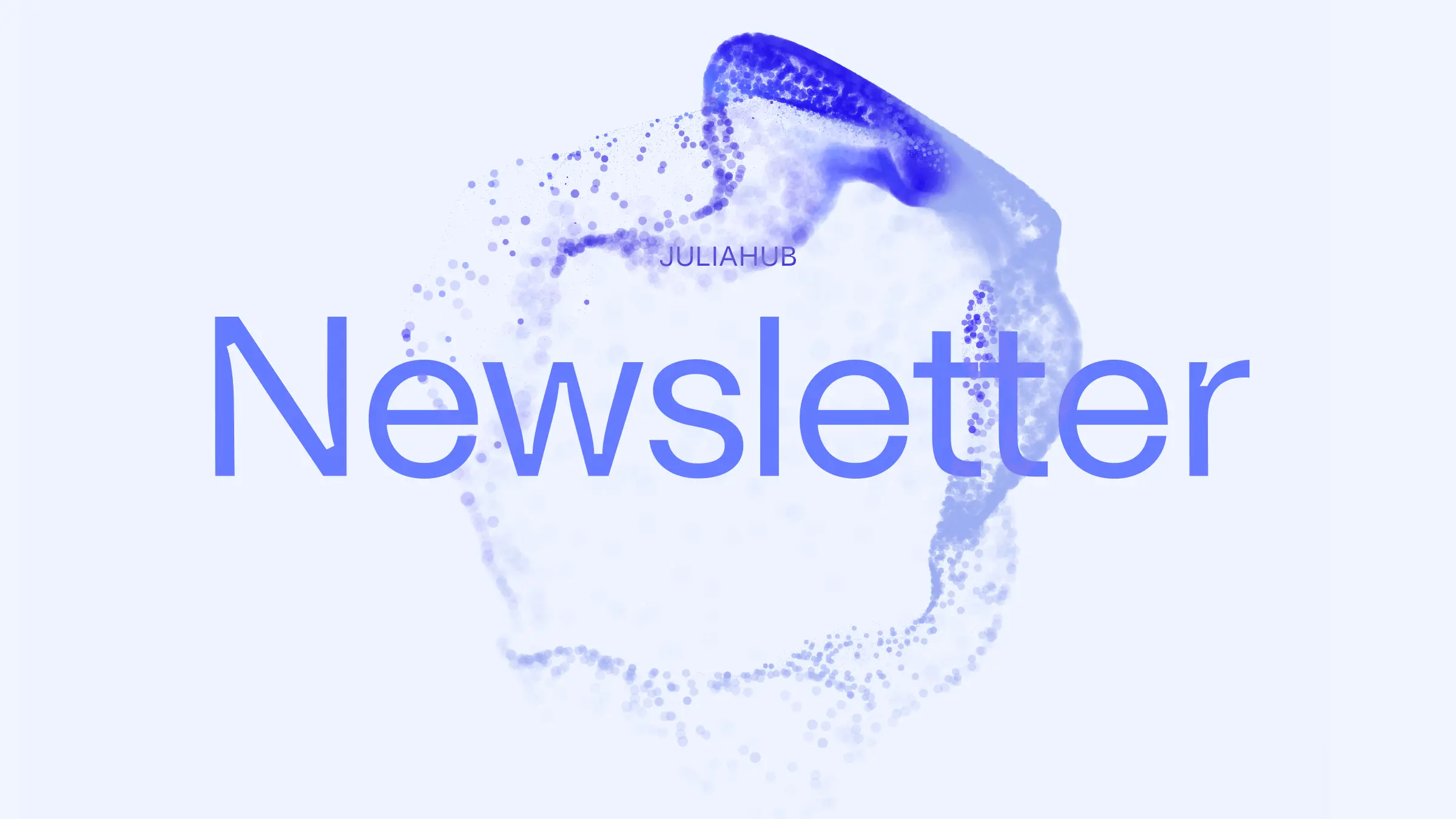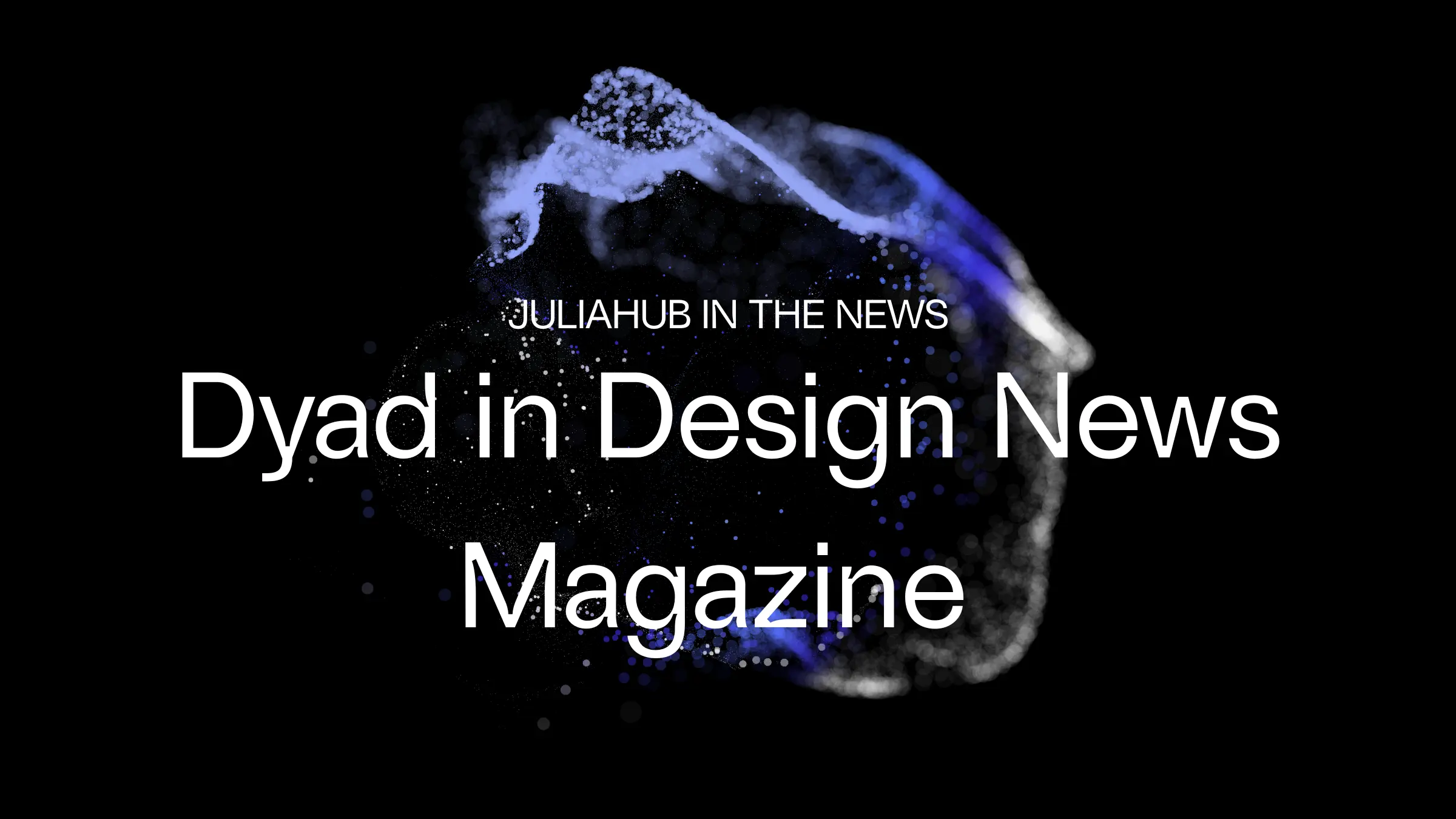Use Case
For decades, scientists, naturalists and environmentalists have sounded the alarm about the loss of species diversity from Siberia to the Amazon. Today, with modern bioinformatic methods, it is possible to measure the diversity not only of species, but of different genes within individual populations, and to ask whether this genetic diversity is also being lost.
But, given the vast number of known species and the even greater number of genetic variants, how can we identify trends from such massive data?
For researchers at the University of Copenhagen, Peking University and Imperial College London, the answer includes Julia. Their work, indicating that genetic diversity is under pressure from human activities, was published in Science in an article titled “An Anthropocene Map of Genetic Diversity.”
We georeferenced 92,801 mitochondrial sequences for 4,500+ species of terrestrial mammals and amphibians and found that genetic diversity is 27% higher in the tropics than in nontropical regions. Overall, habitats that are more affected by humans hold less genetic diversity than wilder regions…

Genetic Diversity Map
According to co-author Michael Krabbe Borregaard at the University of Copenhagen:
"I chose Julia for the majority of the analyses, mainly because I felt it made my code clearer, more reproducible and easier to work with. Running the analyses was much faster in Julia than it had been in R, which I had used at the beginning of the project. In fact the key analysis, where I calculated the genetic diversity of each grid cell, was ~100 times faster in Julia - partly because Julia's syntax facilitated clearer, simpler and more optimized code design."
Borregaard has published the code on GitHub and Science, and it is now being used by other scientists for additional research.
Image Credits: Wikimedia Commons







